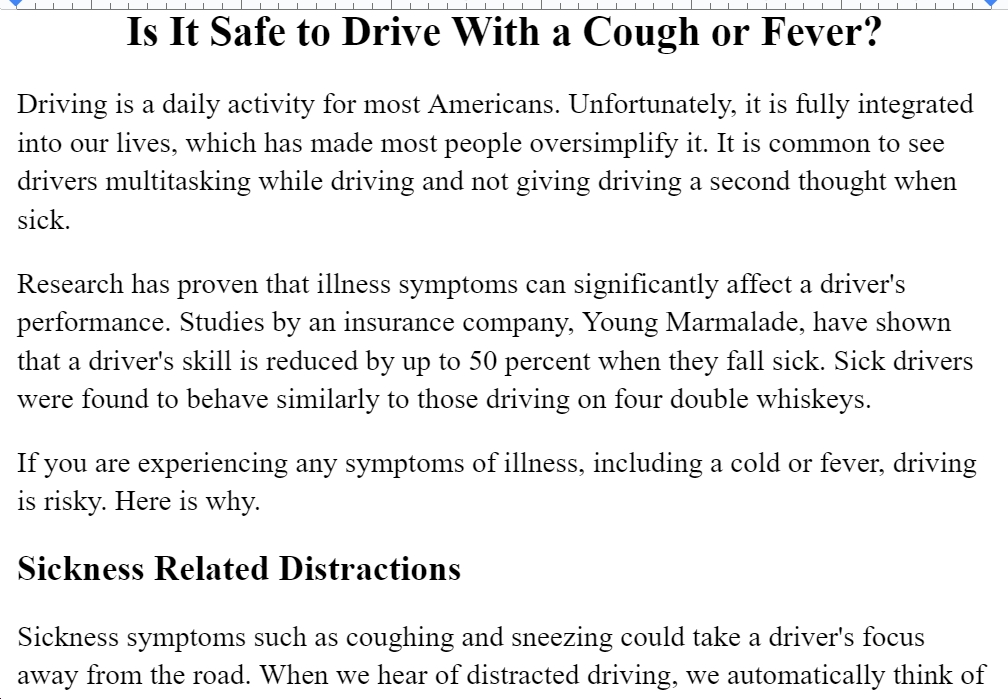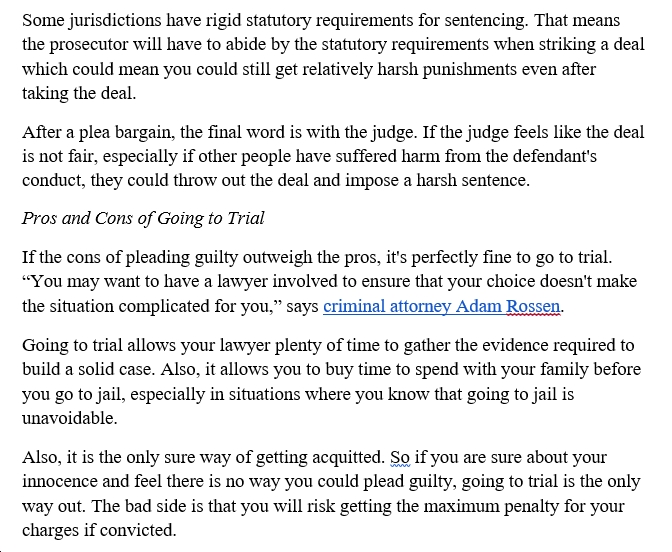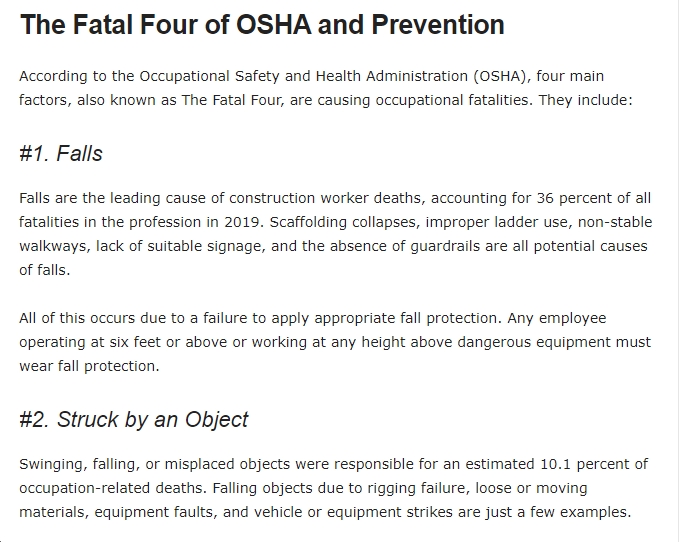SPONSORED CONTENT
In the most recent round of immigration acts, the Democrats are trying to push the United States’ Build Back Better or Plan C through budget reconciliation. This act proposes ‘recapture’ green cards that were not used during the 2017-2021 period. Since it is part of the reconciliation bill, it will be a faster process to avoid the legislation from being filibustered (where a party debates over an act to slow it down) in the Senate.
This legislation, if cleared, can help a large number of immigrants from various backgrounds and can also reduce the enormous backlog that exists in the green card system. Currently, hundreds and thousands of green cards are not being utilized and being wasted. Although the US Congress has authorized them, they are unissued due to various administrative delays and problems since 1992.
The recent COVID-19 pandemic has increased the number even more because people could not travel to the US, and consulates abroad were shut down, so family-based green cards were left unused. Due to the hiring freeze at the USCIS and slowed down administrative processes during the pandemic, the backlog grew even more significant. At the end of September, 80000 green cards were wasted.
However, there is a ray of hope for those who are seeking green cards via employment. The unused family-based green cards were transferred to the employment-based category. This allowed the waiting time for employees seeking green cards to get cut short. Unlike the annual average number of 140,000 green cards issued based on employment, this year, 262,000 green cards were available, almost double the average.
Employment-based green cards are a very useful document for employees. A lot of people argue that issuing employment-based green cards helps big firms and large companies and not the employees. However, this is untrue. If the employee does not have a green card, the company can hold it over them and the employee cannot change jobs.
Aman Kapoor, the president of Immigration Voice, a non-profit organization representing the rights of immigrants said “The green card backlog is not there by chance. It is thereby designed. Big businesses say one thing and mean the other. Keeping an army of immigrants in the backlog allows them to have power over them because once they acquire green cards, they are free to change employers.”
There is also a misconception that this act will only help a small group of people i.e. mostly Indians and Chinese as they make a major chunk of immigrant employees. People from other areas that come for family-based green cards will be at a disadvantage. These statements are not true. If the backlog reduces, the number of immigrants being benefitted will naturally increase. The laws and policies around green card issuance will remain the same, hence, in the long run, the number of people receiving green cards for whichever reason will increase.
Uniting families is one of the goals of the entire immigration process. However, the entire process is a long and complex ordeal. According to Mario A. Godoy, an attorney at Godoy Law Office “Immediate relatives who are eligible can receive a green card without being controlled by the annual limits, but the processing time can vary.” So, if there are more green cards available, the wait time can be shortened and more families can be reunited.
All of these benefits are one thing, but the most important thing right now is the clearance of the legislation. The fundamental issue with the Democratic approach to immigration policies is their ‘all or nothing mindset. They tend to chunk up all the propositions in one and try to solve every problem simultaneously. A more slow-paced approach, in which they propose one act at a time is more likely to be effective. It is essential that people who have already received their green cards and have received permanent residence, raise their voices and push for this act.

















